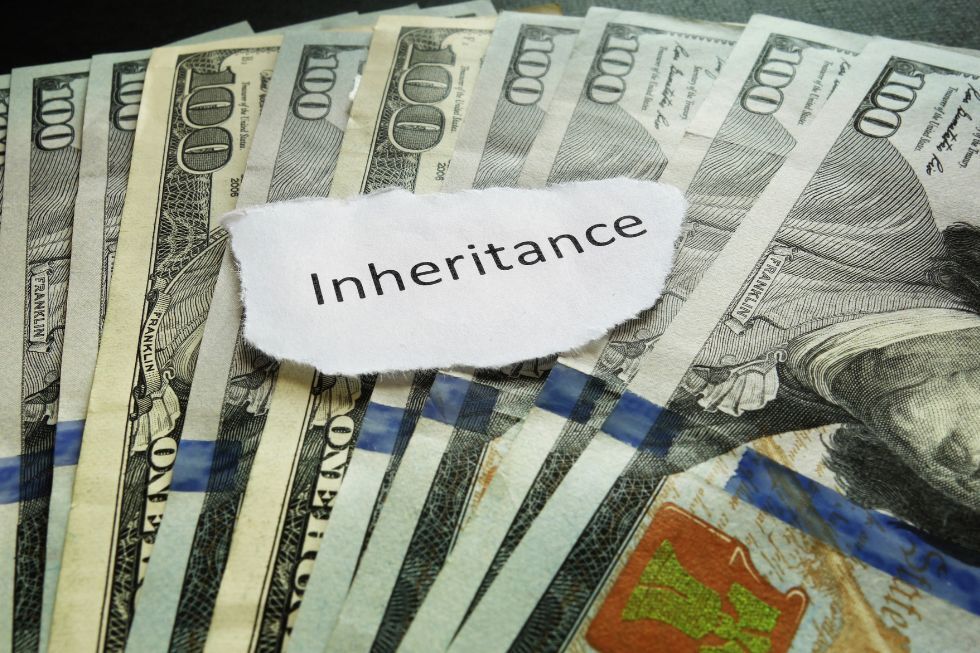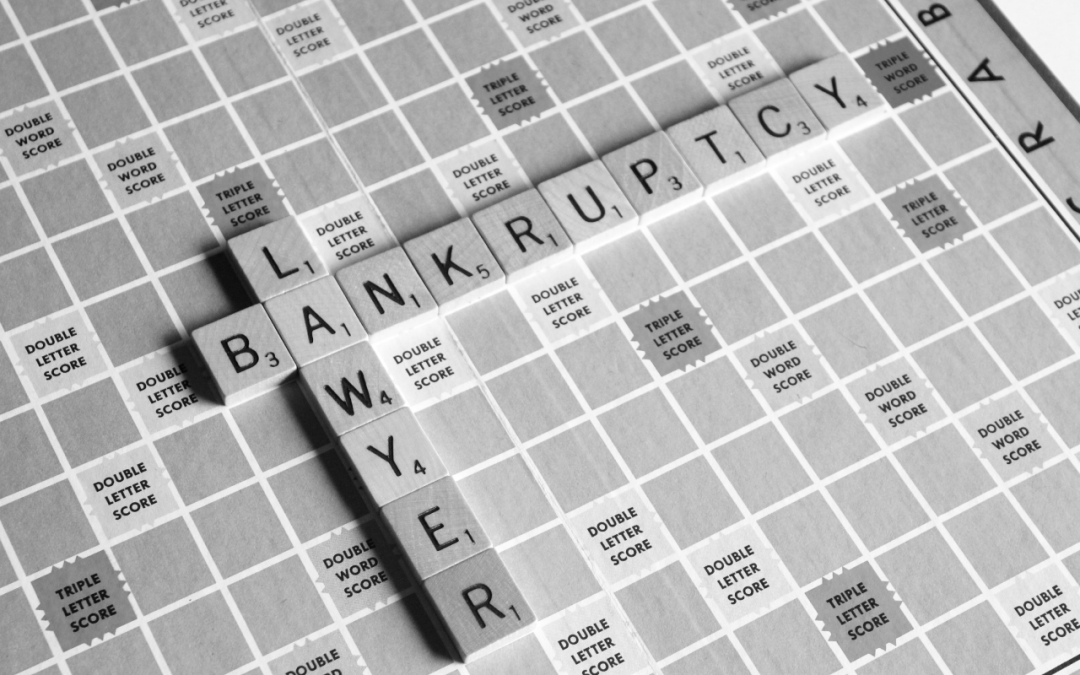Inheriting Money During Bankruptcy

Inheriting money is a helpful windfall. Although it is given in an unfortunate context, individuals facing financial challenges – especially challenges that would compel bankruptcy – can benefit a great deal from an unexpected sum of money. However, if you are enmeshed in a bankruptcy proceeding, or about to be, there are a few important things to be aware of when it comes to receiving an inheritance.
When you file for bankruptcy in South Dakota, most of your assets become part of the bankruptcy estate. While there are a few limited exceptions for certain property, most of what you have will be adjudicated during the proceeding. Non-exempt property may be sold to satisfy debts and pay off creditors, and any exemptions will remain in your possession.
That begs the question: Is your inheritance part of the bankruptcy estate and therefore something that will be used to satisfy your debts? The answer depends on when you became entitled to the inheritance.
The laws surrounding bankruptcy and inheritance were created to prevent people from rushing to file for bankruptcy before receiving an inheritance, so as to protect that inheritance from their creditors. While there should be a time limit based on when your inheritance was obtained, compared to when your case is filed, it was decided that there should also be some flexibility to avoid fraud on creditors. In this context, Congress created the 180-Day Rule.
The 180-Day Rule Determines if an Inheritance Is Part of Your Bankruptcy Case
To analyze whether your inheritance will become a bankruptcy asset, use the 180-Day Rule. The rule states that if you file within 180 days of inheriting, you must disclose the assets by amending your filing. It’s important to note that “inheriting” refers to the date the individual passed away. It does not matter if you actually received that money – only that you became entitled to it on that date.
Of course, if you did actually receive the inheritance sum 180 days or more before bankruptcy, that money becomes part of your personal property. Exempting an asset (especially one that is liquid like a sum of money) requires looking to specific state law exemptions. There may or may not be an applicable exemption to protect that inheritance.
Is It Different in Chapter 7 and Chapter 13 Bankruptcy?
Because these proceedings have fundamental differences, what happens to your inheritance in Chapter 7 bankruptcy will be different than what happens to it in Chapter 13. In Chapter 7, after 180 days, generally your inheritance is off the table. However, in a Chapter 13 bankruptcy, your inheritance could affect what you must pay in your reorganization plan later on in the process.
While this information provides a helpful general overview of the law surrounding inheritance and bankruptcy, there are many specifics which affect a case. That’s why there is no substitute for an experienced bankruptcy attorney. Please contact us today at the Thomas A. Blake Law Office to learn more and let us understand your specific circumstances. We can help you navigate the bankruptcy process and all it entails.












